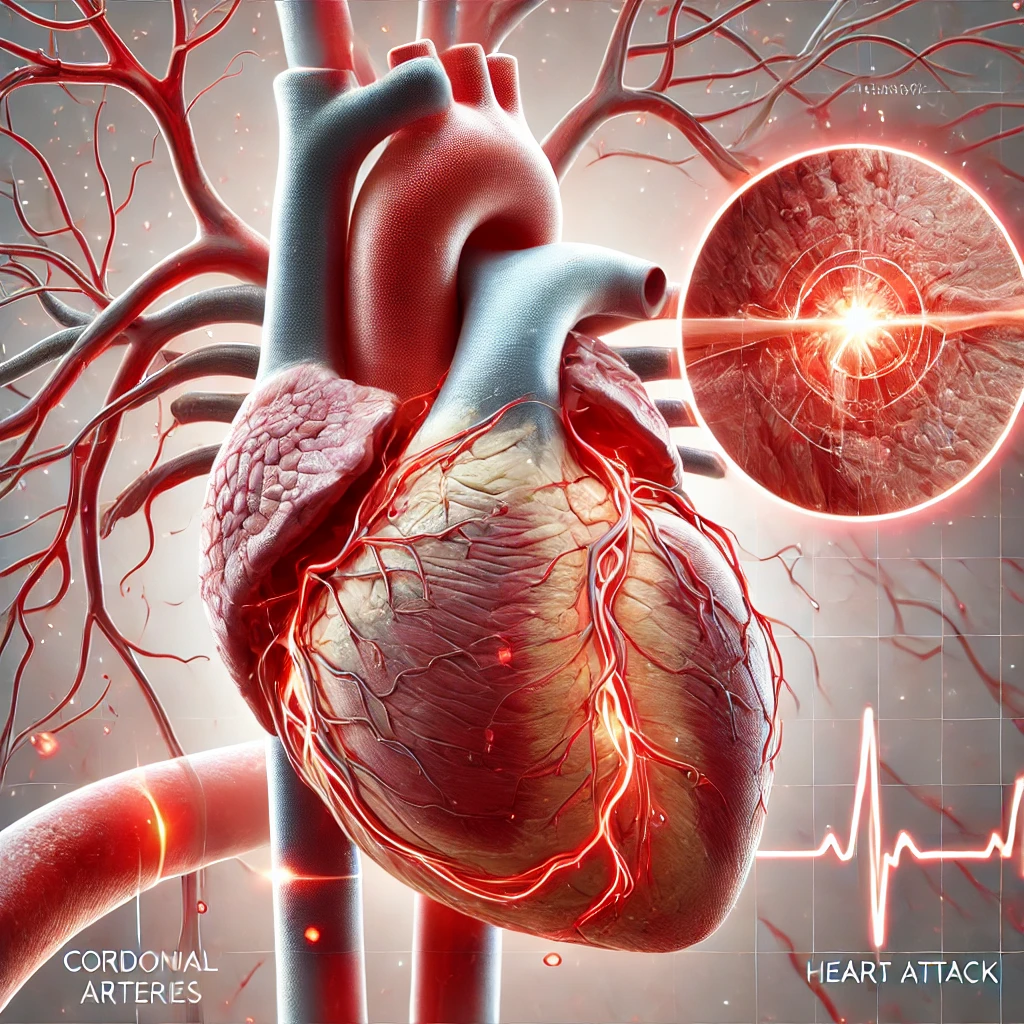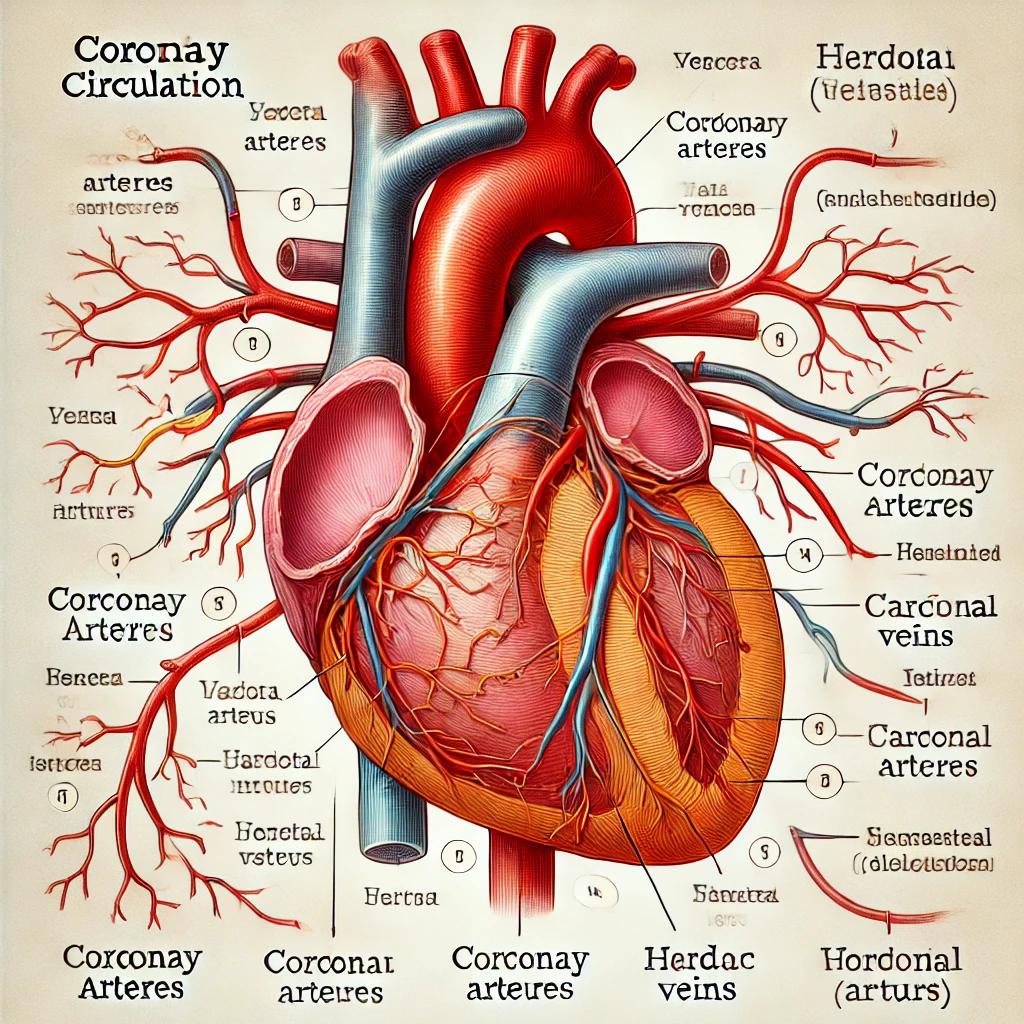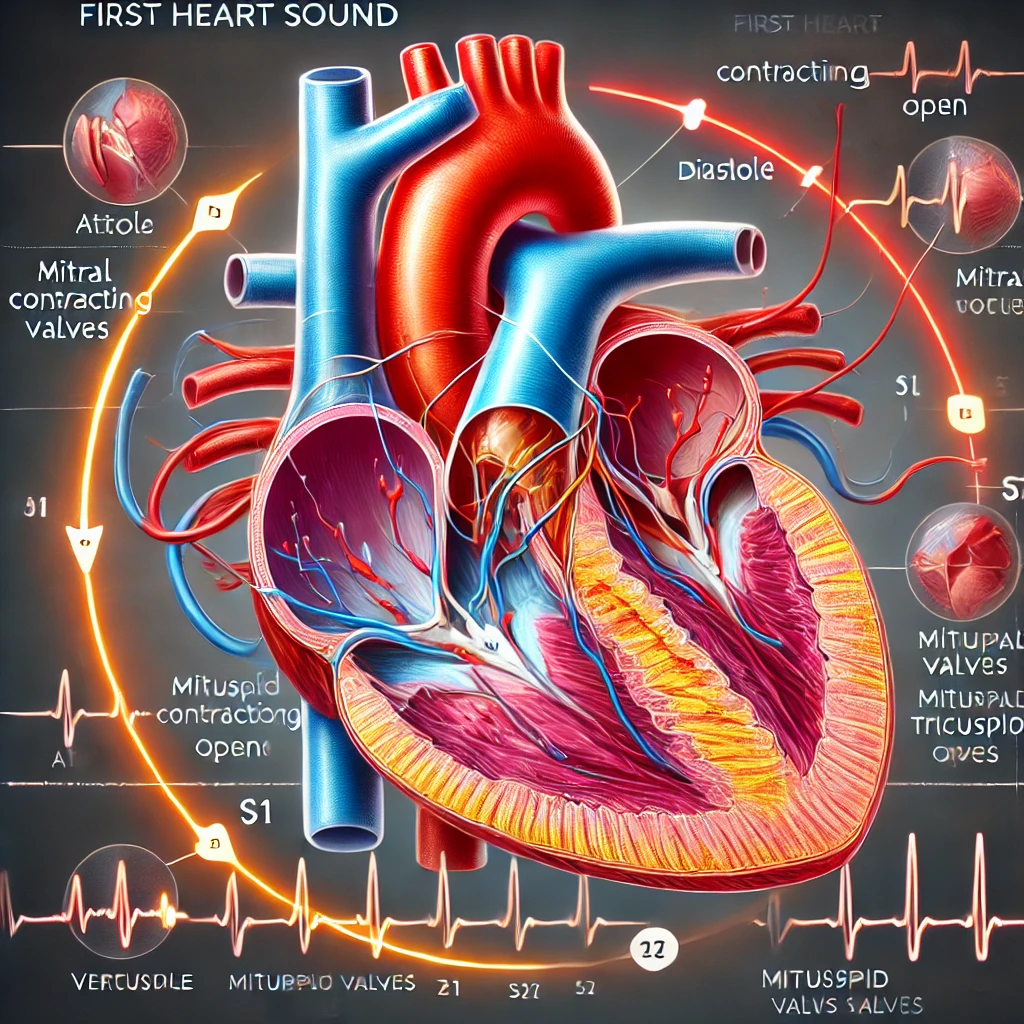Introduction
As we uncover the mysteries of the human body, we often come across tiny components that play significant roles in our health and well-being. One such player is the brain natriuretic peptide. This small molecule, often undiscussed, silently maintains a delicate balance within our body and sends distress signals when things go awry. Let’s dive deeper into the world of brain natriuretic peptides and discover their importance.
Chapter 1: The Origin Story of Brain Natriuretic Peptide
What is Brain Natriuretic Peptide?
So, what is this brain natriuretic peptide we’re talking about? Commonly known as BNP, this small molecule, as the name implies, was initially discovered in pig brains in the 1980s. However, as research progressed, it was found to be produced mainly in the heart, specifically in the heart’s ventricles.
The Function and Role of Brain Natriuretic Peptide
What is the function of this peptide, you might ask? Its main job is to counteract the effects of the renin-angiotensin-aldosterone system. In simpler terms, it helps maintain fluid and salt balance in the body, which ultimately controls blood pressure. It’s like a silent regulator, working behind the scenes to keep things running smoothly.

The Heart and Brain Natriuretic Peptide
Despite the initial discovery of BNP in the brain, it’s produced more significantly in the heart. Under normal circumstances, the heart produces low levels of BNP. However, when the heart experiences strain—such as when it’s working harder to pump blood—the levels of BNP in the blood increase. It’s the body’s way of saying, “Hey, something’s not quite right here!”
Chapter 2: The Clinical Implications of Brain Natriuretic Peptide
As a Diagnostic Marker
One of the critical uses of BNP is as a diagnostic marker. Because the levels of BNP increase in response to heart strain, measuring the levels of BNP in the blood can help diagnose heart conditions, especially heart failure. So, it’s not just a tiny molecule doing its job—it’s also a valuable tool for clinicians.
Predicting Outcomes with Brain Natriuretic Peptide
Apart from diagnosing heart conditions, BNP can also help predict outcomes. Studies have shown that patients with higher BNP levels often have a worse prognosis, making BNP a valuable prognostic marker. It’s like looking into the future with a molecular crystal ball!
Brain Natriuretic Peptide in Treatment Decision Making
Not only does BNP help with diagnosis and prognosis, but it also aids in treatment decision-making. By tracking the levels of BNP, doctors can assess whether a particular treatment is working. If BNP levels decrease, it’s a good sign that the heart is under less strain, which suggests the treatment is effective.

Chapter 3: Understanding Brain Natriuretic Peptide Tests
The Process of BNP Testing
How is this valuable peptide measured? It’s pretty straightforward. A blood sample, usually from a vein in your arm, is drawn and sent to the lab. The lab then measures the amount of BNP in the sample using a test known as an immunoassay. It’s a relatively simple and quick process, providing crucial information to your healthcare provider.
Interpreting the Results of a BNP Test
Interpreting the results of a BNP test involves a bit of nuance. Normal BNP levels vary depending on age and gender, but generally, a BNP level less than 100 pg/mL is considered normal. If your levels are higher, it could indicate heart disease or kidney failure.
Considerations and Limitations
While BNP tests are beneficial, they’re not perfect. Certain factors can affect BNP levels, including age, kidney function, and obesity. Therefore, doctors usually interpret BNP levels in the context of other tests and symptoms.
Chapter 4: Frequently Asked Questions about Brain Natriuretic Peptide
1. What Causes High Levels of Brain Natriuretic Peptide?
High levels of BNP are usually caused by conditions that cause the heart to work harder, such as heart failure, coronary artery disease, or high blood pressure. However, kidney disease and pulmonary hypertension can also cause high BNP levels.
2. Can Brain Natriuretic Peptide Levels be Reduced?
BNP levels can be reduced by treating the underlying condition causing the heart strain. This might involve medications, lifestyle changes, or in some cases, surgery.
3. How Often Should Brain Natriuretic Peptide Levels Be Tested?
The frequency of BNP testing depends on your circumstances, such as your symptoms and whether you’re receiving treatment for a heart condition. Your doctor can guide you on this.
4. What are the Symptoms of High Brain Natriuretic Peptide Levels?
High BNP levels themselves do not cause symptoms. However, the conditions that cause high BNP levels, such as heart failure, can cause symptoms like shortness of breath, fatigue, and leg swelling.
5. Can Medications Affect Brain Natriuretic Peptide Levels?
Certain medications, especially those used to treat heart conditions, can affect BNP levels. That’s why informing your doctor about any medications you take is essential.
6. Can Brain Natriuretic Peptide Levels Indicate Other Conditions?
While BNP is most commonly associated with heart conditions, high levels can indicate kidney disease or severe infection. Low levels of BNP are generally a good sign, but deficient levels can be seen in obesity.
Conclusion
From its discovery in the brain to its crucial role in heart health, understanding brain natriuretic peptides is far from over. This tiny molecule, working silently in our bodies, not only helps to maintain fluid balance but also serves as a beacon, alerting us when our heart is under strain. As we continue to unravel the mysteries of BNP, one thing is clear—this small peptide packs a powerful punch in medicine.
References:
- American Heart Association
- National Institute of Health
- The Mayo Clinic
- The Lancet
- Harvard Medical School
My other Articles:
- Unraveling the Mysteries of Myocardial Infarction: A Comprehensive Guide
- Does Blood Transfusion Increase Creatinine?
- Brain Signal Decoding: A Revolutionary Approach in Chronic Pain Treatment
- Understanding Stroke: Causes, Symptoms, Treatment, Prevention
- What is Neurology: Exploring the Fascinating Field of Neurological Medicine
Disclaimer: The information provided in this article is for educational purposes only and should not be used as a substitute for professional medical advice. Always consult with a healthcare professional for any health concerns.




